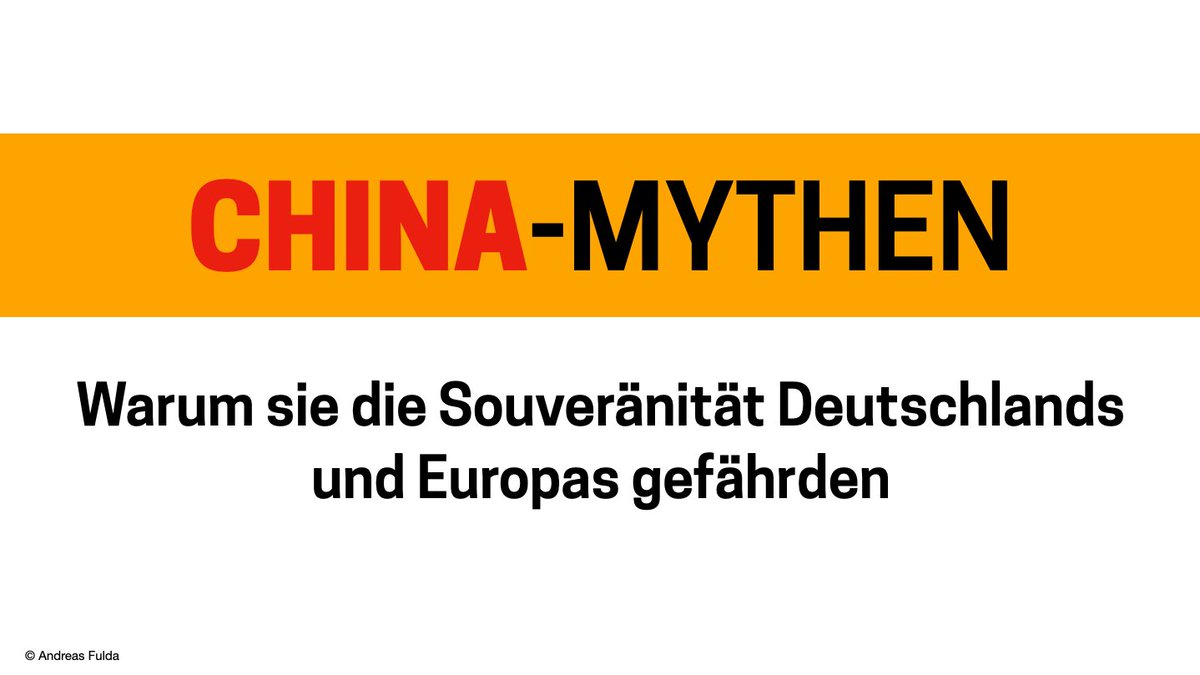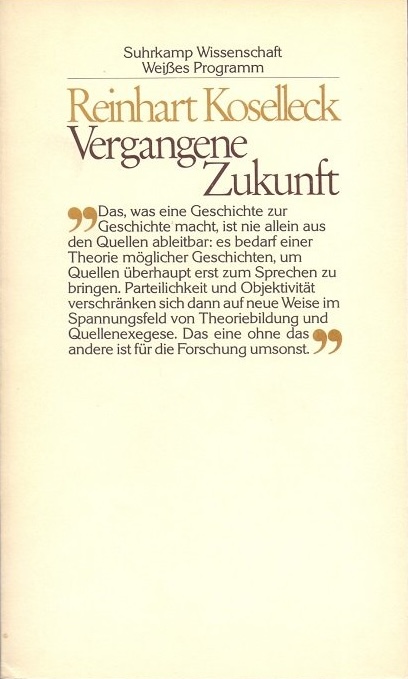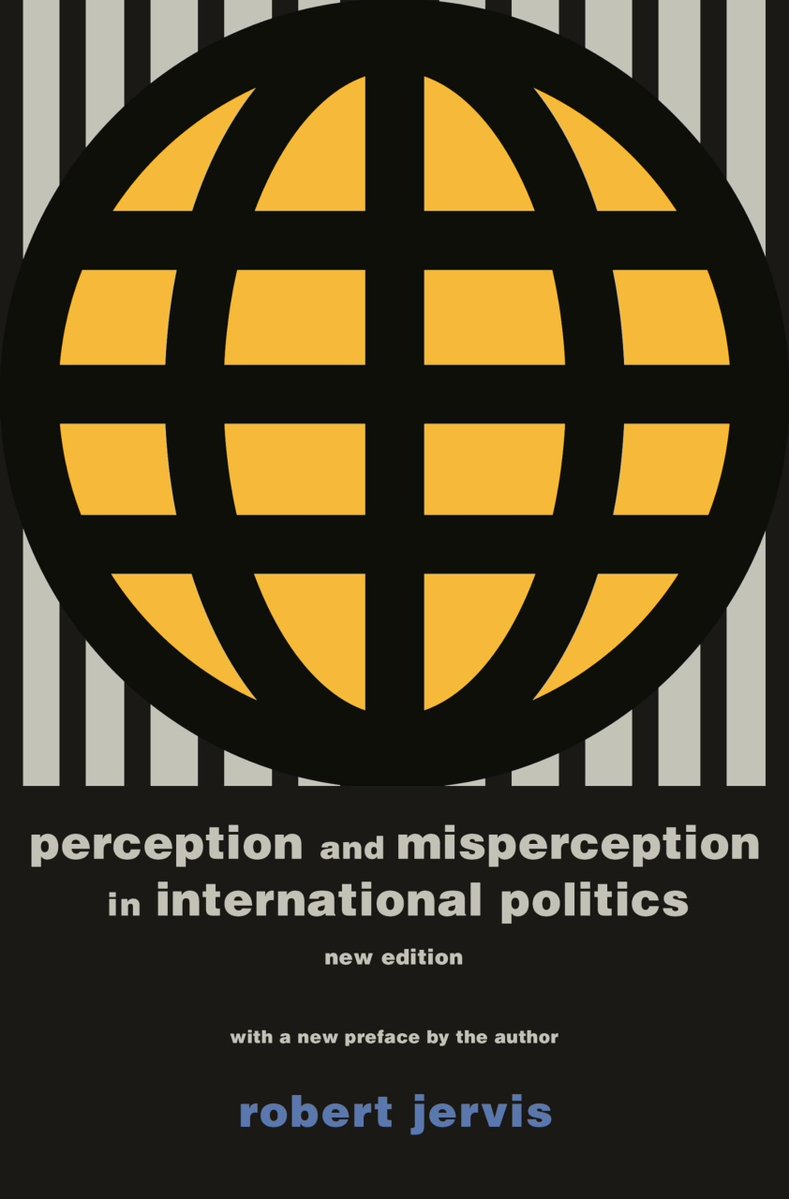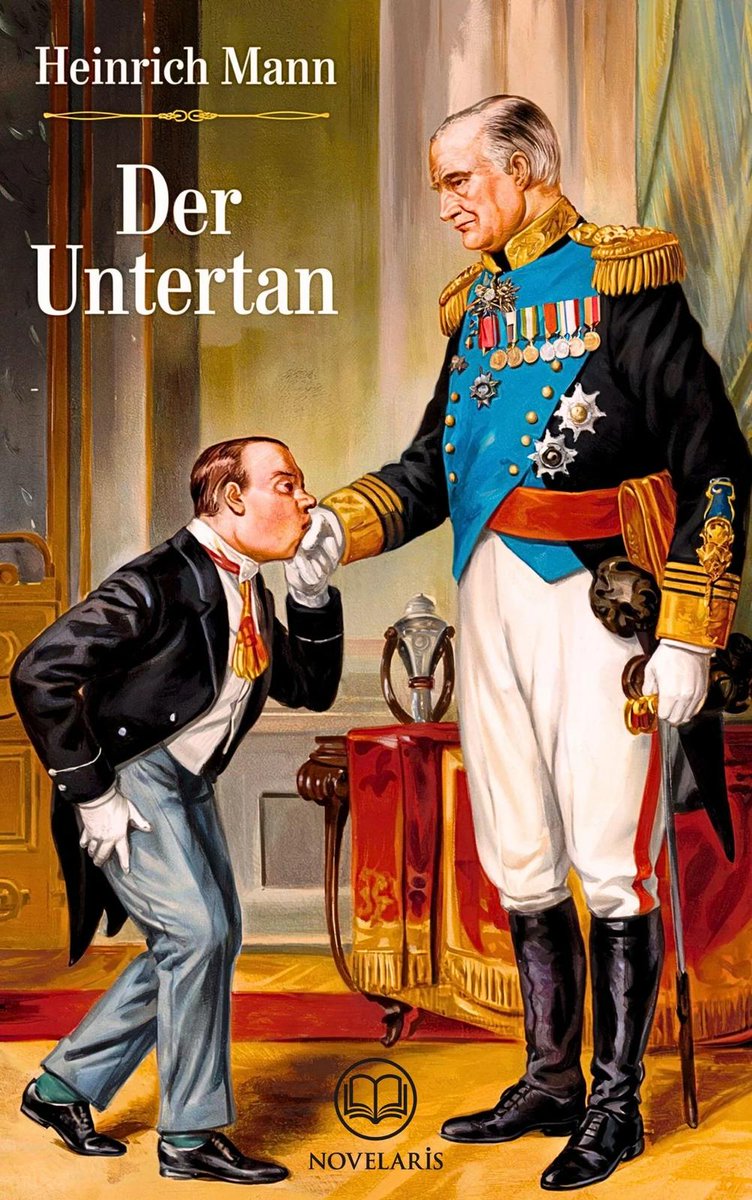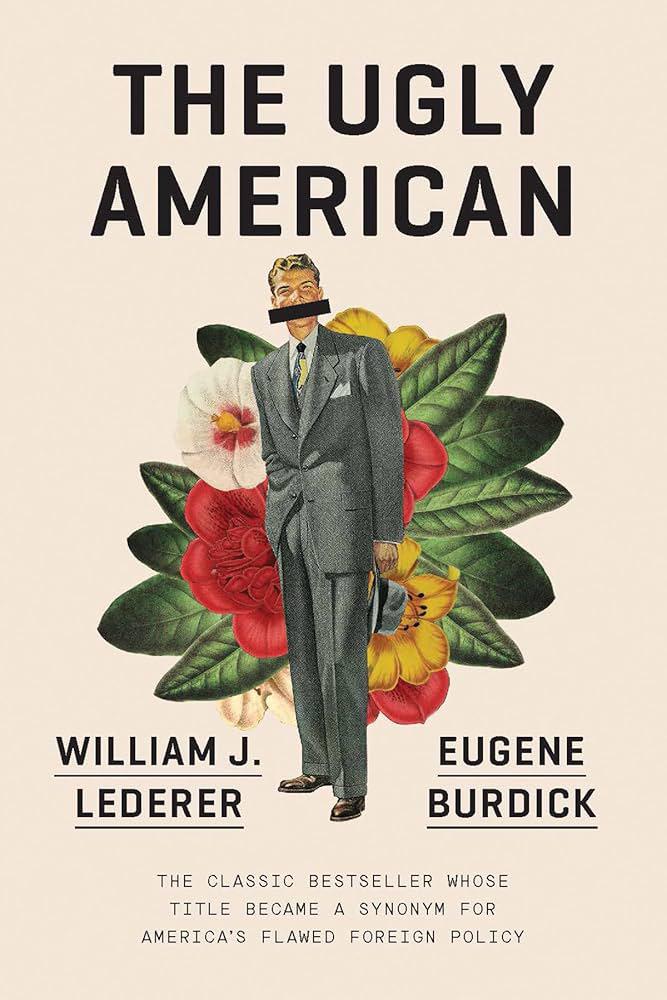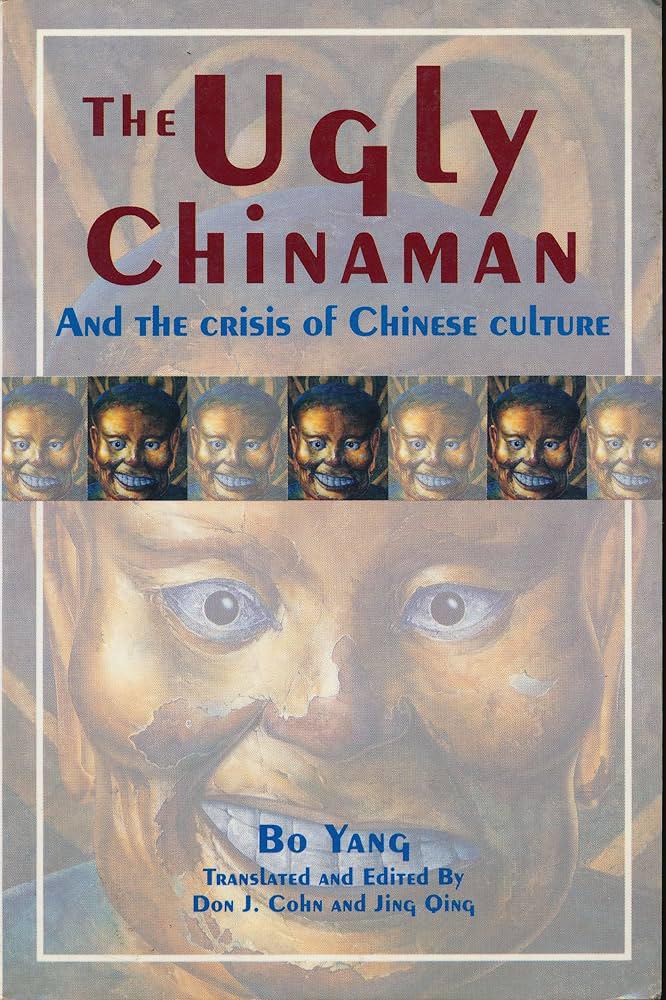In my new book ‘The Struggle for Democracy in Mainland China, Taiwan and Hong Kong’ I critique the ‘winner-takes-all’ (你死我活) conception of politics in the People’s Republic of China /1 

I subsequently quote Joseph Fewsmith who “suggests that a ‘winner-take-all conception of politics has been the hallmark of CCP politics’”/3 

Why am I revisiting these paragraphs in my new book? This morning I read Andrew Higgins New York Times report from Monday, 26 August on Jimmy Lai, the 71-year old Hong Kong tycoon, owner of the online Next magazine and staunch supporter of the pro-democracy movement /4 

Higgins points out that Chinese state-media has vilified Lai “as a CIA agent, a ‘black hand’, and a member of an American-directed ‘gang of four’ supposedly responsible for orchestrating the Hong Kong protest movement”.
These accusations reveal the paranoia among CCP leaders /5
These accusations reveal the paranoia among CCP leaders /5

But the most remarkable paragraph in Higgins excellent New York Times report comes a bit later, which reveals the real-world implications of the CCP’s political culture of ‘you die, I live’ (你死我活) /6
Higgins writes: “China’s relentless campaign of vilification against Mr. Lai took a particular nasty turn this month when his name was purged from the genealogical records of his family across the border in southern China” /7
This act of ‘eliminating names’ — in this case Jimmy Lai’s — supports Thomas Gold’s definition of Chinese political culture /8 

Higgins reports: “His relatives, according to a report in Ta Kung Pao, a Communist Party-controlled newspaper in Hong Kong that invariably refers to him as ‘fatty Lai’, deleted his name from a family tree going back 28 generations, declaring him a ‘traitor’ to his ancestors... /9
... and his country who is no longer part of the clan.”
Anyone vaguely familiar with Chinese culture and society will understand how crass this campaign of demonization of Chinese party-state critics like Jimmy Lai is /10
Anyone vaguely familiar with Chinese culture and society will understand how crass this campaign of demonization of Chinese party-state critics like Jimmy Lai is /10
Anyone who still believes that the Chinese Communist Party is a guardian of ‘Chinese culture’ and anyone who argues that the cultural identity of China is somehow pre-political should reflect on what has just happened to Jimmy Lai, a very good and decent man /End
Unroll @threadreaderapp
• • •
Missing some Tweet in this thread? You can try to
force a refresh



